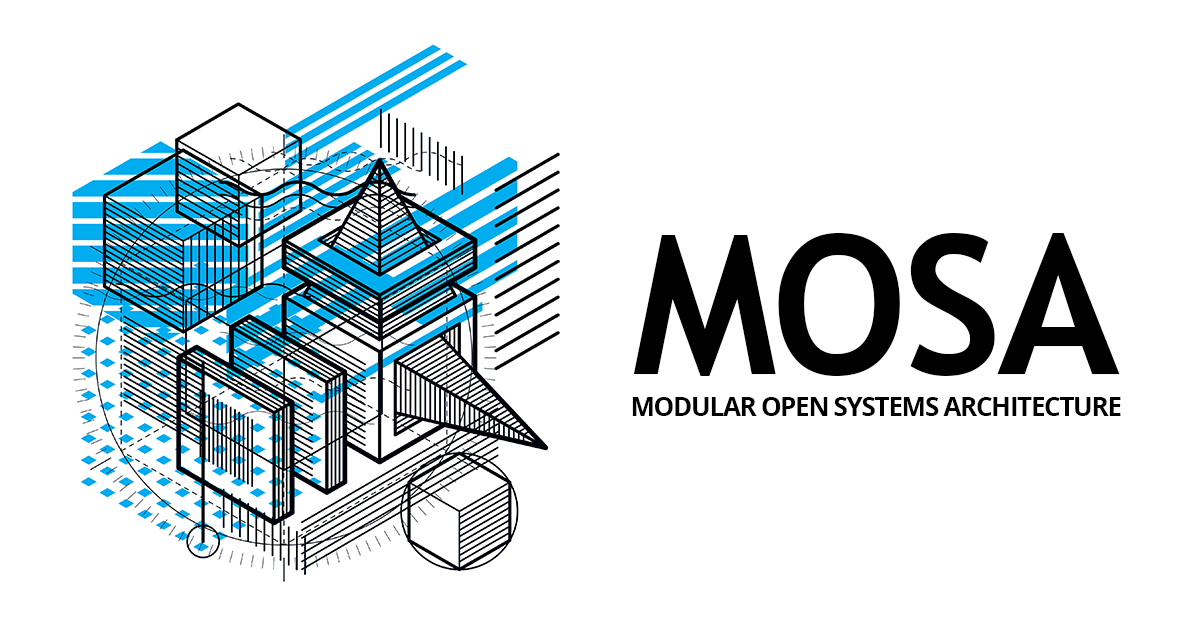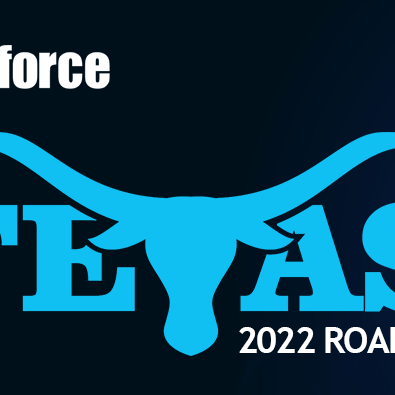
Modular Open Systems Architecture (MOSA): Delivering Rapid Adaptation and Sustainment
Modular Open Systems Architecture (MOSA) refers to an approach that promotes the design and implementation of systems using open standards and modular components. It emphasizes the use of well-defined interfaces and standards, allowing for the seamless integration and interchangeability of various subsystems and components. In the military and public safety context, MOSA offers significant value by enhancing interoperability, scalability, and affordability of strategic and tactical response systems. MOSA is at the core of Blueforce’s patented Decentralized Fusion Engine for people, sensors, and information services.
INTEROPERABILITY BETWEEN SENSORS AND SYSTEMS THAT WERE NOT DESIGNED TO INTEROPERATE
Firstly, MOSA enables interoperability amongst different systems and platforms. By utilizing open standards and well-defined interfaces, different subsystems can communicate and exchange data effectively. This interoperability allows for the integration of diverse systems, such as sensors, communication devices, and weapon systems, providing a comprehensive and cohesive operational capability. MOSA promotes a plug-and-play approach, enabling rapid system integration and reducing the time and effort required to connect disparate systems, resulting in improved mission effectiveness and operational flexibility.
It gets to the end goal of dynamically and rapidly composable applications and solutions. Composable services at the “edge” empower organizations to leverage distributed computing resources more efficiently. By decoupling services from underlying hardware, edge infrastructure becomes more flexible and adaptable. Composable services can be composed and recomposed based on workload demands, specific mission profiles, optimizing resource utilization, and enabling elastic scaling. For instance, during periods of high demand, additional edge servers can be provisioned to handle the increased workload, and once the demand decreases, those resources can be released and allocated to other services. This dynamic allocation of resources at the edge ensures optimal performance and cost efficiency, making composable services a key enabler of edge computing’s scalability and agility. More importantly, MOSA can ensure your mobile device using open-source software doesn’t “brick” every time you turn it on!
SCALABILITY AND SUSTAINMENT
Secondly, MOSA facilitates scalability and rapid technology refreshment in military and public safety systems. With its modular nature, MOSA enables the addition or replacement of subsystems or components without disrupting the entire system architecture. This flexibility allows for easy technology upgrades and adaptation to evolving mission requirements. As new technologies emerge, they can be integrated seamlessly into existing systems, enhancing their performance and capabilities. Moreover, by utilizing open standards, military organizations can tap into a broader market of commercial off-the-shelf (COTS) components, reducing costs and avoiding vendor lock-in.
This is the basis for our patented Blueforce Decentralized Fusion Engine (DFE) inherent in every Blueforce endpoint spanning 10 operating systems. With composable services for edge compute, organizations can break down complex applications into smaller, reusable components that can be deployed and orchestrated at the edge. These components, or services, can be independently managed and scaled to meet specific requirements. For example, a smart city application may consist of various services such as real-time traffic monitoring, video analytics, and environmental sensors. Composable services enable the deployment of these services as needed, allowing the city to dynamically allocate resources based on demand or changing conditions (manually or autonomously). This modular approach also facilitates faster development and deployment cycles, as individual services can be updated or replaced without affecting the entire system.
AFFORDABILITY AND LEVERAGE OF BEST IN CLASS
Lastly, MOSA promotes affordability and lifecycle cost reduction for military and public safety systems. The use of open standards and modular components fosters competition among suppliers, leading to greater innovation and cost efficiency. Military organizations can leverage commercial technologies and benefit from economies of scale, as COTS components are often produced in large quantities for the consumer market. Additionally, MOSA’s modular architecture allows for incremental upgrades and maintenance, reducing system downtime and lifecycle costs. The ability to mix and match subsystems and components from different vendors also provides flexibility in procurement and sustainment, ensuring a competitive and cost-effective supply chain.
An example: A large military program office came to us with a serious problem per logistics and supply chain. More than four agencies and multiple military branches housed critical data (each siloed) specific to moving gear and capability when needed most. Because the original system was built using waterfall processes and a monolithic “single code base”, if any of the target systems changed a single line in their API for data access, the entire system had to be updated. This meant: Time to troubleshoot the issue; several weeks to implement the fix; two or more weeks to test and QA; and then another week for information assurance testing. A simple API change in ONE system results in two months of lost efficiencies. Compare this to MOSA where the one API call could be fixed in a single module, and the result is a one-to-two-week fix and redeployment.
In summary, Modular Open Systems Architectures offer valuable benefits to the military and public safety, including enhanced interoperability, scalability, affordability, and technology refreshment. By adopting MOSA principles, agencies can achieve seamless integration, adaptability to evolving requirements, and cost-effective procurement and sustainment. These advantages contribute to improved operational capabilities, mission effectiveness, and long-term value for military organizations. THIS is the core of Blueforce’s Decentralized Fusion Engine and our MOSA based extensibility. For more information, send an email to info@blueforcedev.com or call us at 866-960-0204.


